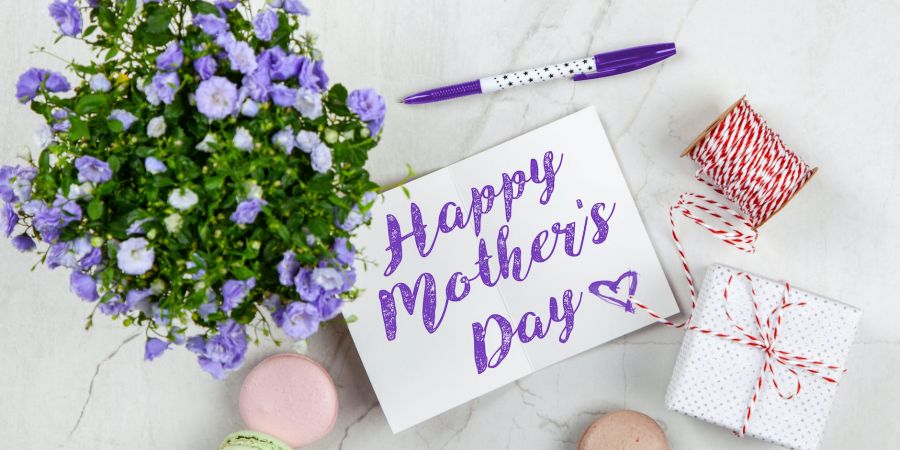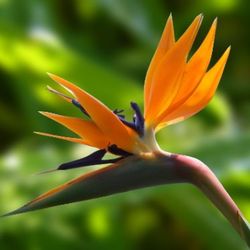

VIn the past, festivals were conducted in honour of the mother deities Rhea and Cybele by the Greeks and Romans. Mothering Sunday, an ancient Christian holiday, is considered to be its modern forerunner. The fourth Sunday of Lent was the day of this European custom. Many thought the faithful would attend a special service at their "mother church"—the primary church close to their residence—on this day. Over time, Mothering Sunday became a more secular celebration where kids would offer their moms flowers and other presents. In the 1930s and 1940s, this tradition would be incorporated into Mother's Day in America.
Julia Ward Howe, an American poet and author best known for "The Battle Hymn of the Republic," was appointed editor of Woman's Journal, a popular suffragist publication, in 1872. She also composed the "Appeal to womanhood throughout the world," which later became the Mother's Day Proclamation. Following the Civil War and the Franco-Prussian War, the declaration urged women to work for global peace. Then, on June 2, Howe launched an unsuccessful attempt to organise a "Mother's Day" celebration. Howe proposed a Mother's Day commemoration every July 4 twenty years later. This again didn't work, but it prepared the ground for another effort.
Mother's Day was effectively established by Anna Jarvis after the passing of her mother, Ann Reeves Jarvis, in 1905. For each family to honour its own mother—as opposed to all mothers—Mother's Day should contain a "singular possessive," according to Jarvis (thus the apostrophe). In May 1908, Jarvis, who had never been married and had no children, organised the inaugural Mother's Day event. John Wanamaker, the proprietor of a department shop in Philadelphia, donated money to the cause. At a Mother's Day celebration held at one of Wanamaker's stores that same month, thousands of people showed up.
Jarvis quickly pushed for the nationalisation of Mother's Day and enlisted the support of well-known Americans. Mother's Day had become a yearly tradition in a lot of states, communities, and churches by 1912. The International Association for Mother's Day was also founded by Jarvis. In 1914, President Wilson would declare the second Sunday in May to be Mother's Day. In the early 1920s, Hallmark started to sell Mother's Day cards.
The holiday that Jarvis had worked so hard to establish did not continue to be her favourite, and she gradually grew to dislike its attractiveness to tourists. She lost interest in the idea of a national day encouraging people to avoid purchasing flowers, cards, and candy when florists and greeting card firms started to profit. Jarvis used the majority of her personal funds to hire solicitors to bring legal action against organisations that use the name "Mother's Day." Even the federal government was persuaded to take it off the calendar by her efforts.


